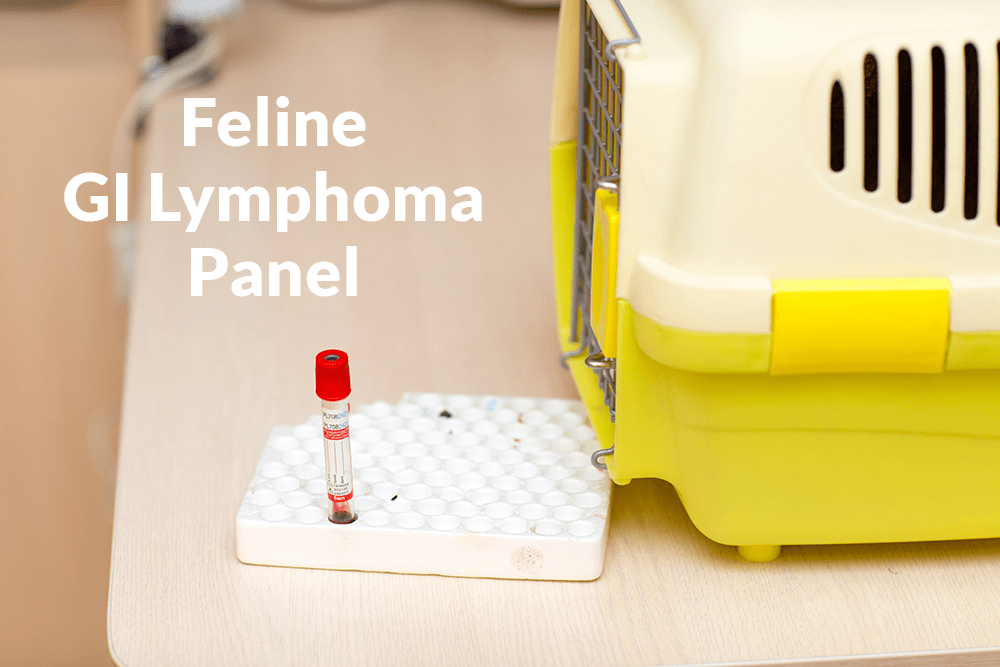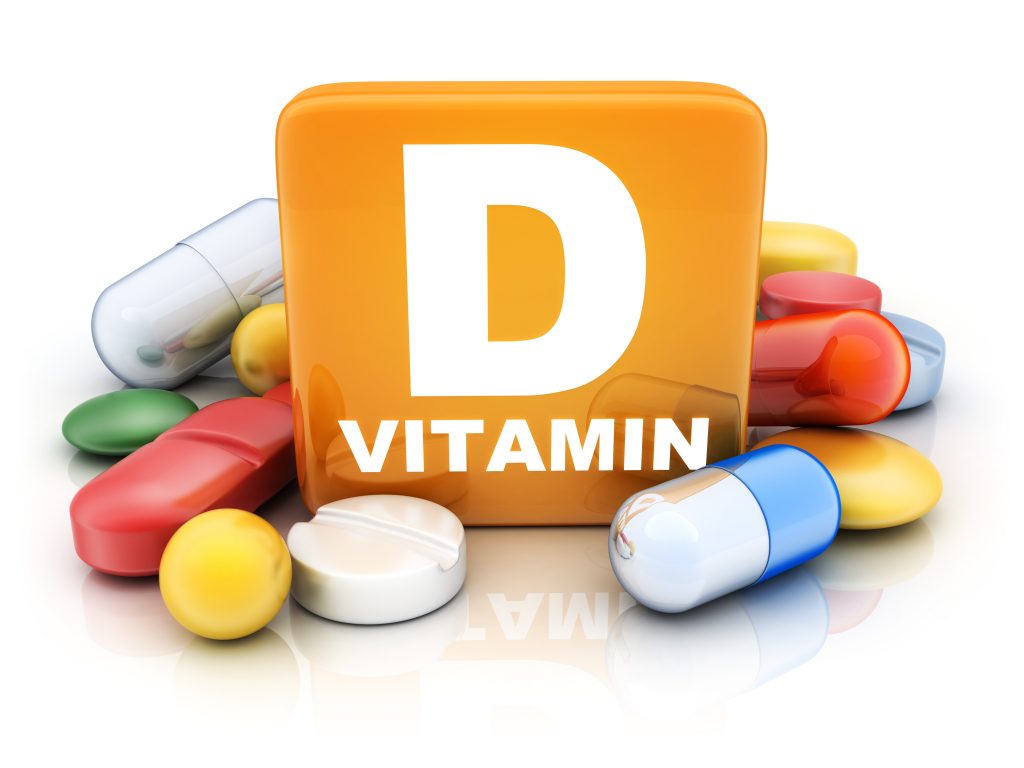
C-Reactive Protein (CRP) and albumin have long been used independently as markers for prognosis. Patients with either high inflammation or low albumin have tended to have worse outcomes. The use of the C-reactive protein/ albumin ratio (CAR) is growing in human medicine as a prognostic index for disease severity. With the growing use of CRP […] Read more »









